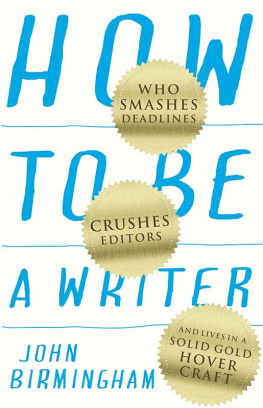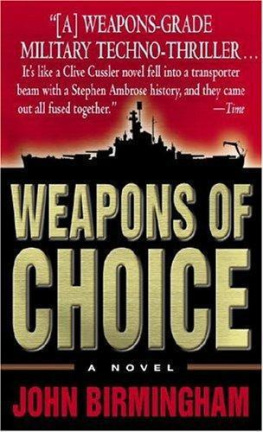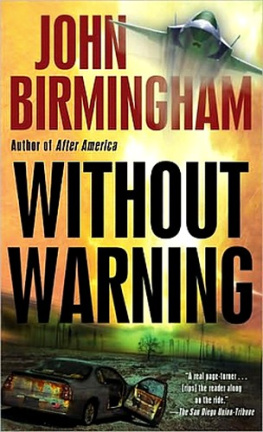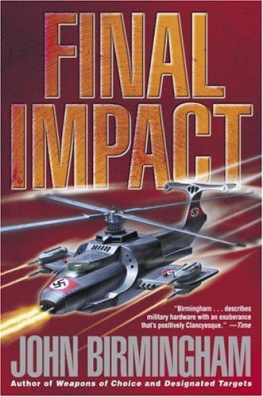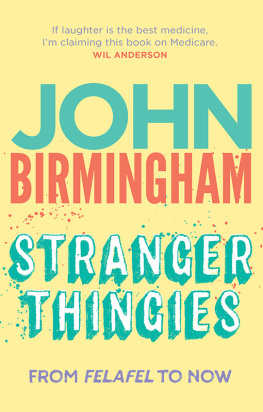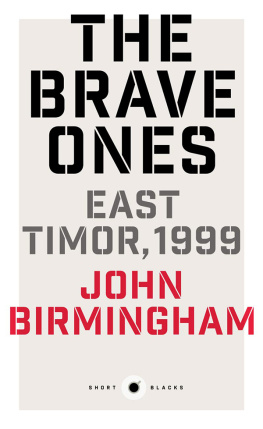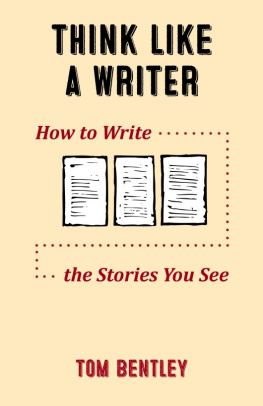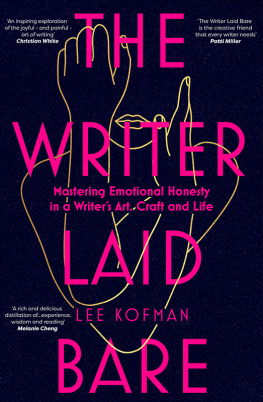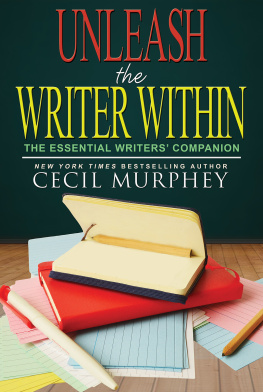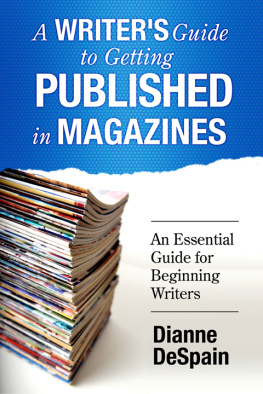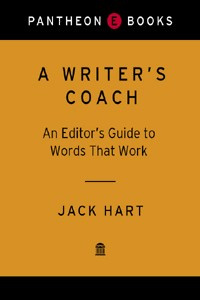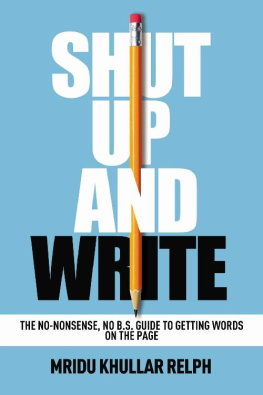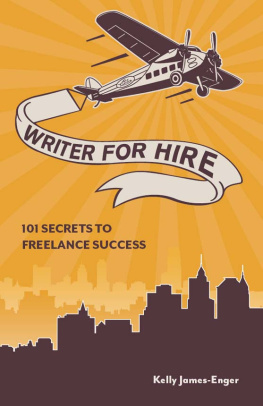JOHN BIRMINGHAM IS THE AUTHOR OF SO MANY BOOKS AND OTHER WRITTEN THINGIES THAT HES FORGOTTEN MOST OF THEM.
He started in the street and campus press before moving to magazines like Rolling Stone and Playboy. His proudest moment as a freelancer was being published in The Long Bay Prison News.
He cranked out He Died With a Felafel in His Hand for the tiny advance. It took five weeks. He wrote Leviathan, the Unauthorised Biography of Sydney to escape the gravity well of Felafel. It took four and half years and won the Adelaide Festival Awards Non Fiction Prize.
He now writes newspaper columns and genre fiction.
If youd like a freebie, hit up the link below and do as youre damn well told.
WWW.JBISMYMASTERNOW.COM

A NewSouth book
Published by
NewSouth Publishing
University of New South Wales Press Ltd
University of New South Wales
Sydney NSW 2052
AUSTRALIA
newsouthpublishing.com
John Birmingham 2016
First published 2016
This book is copyright. Apart from any fair dealing for the purpose of private study, research, criticism or review, as permitted under the Copyright Act, no part of this book may be reproduced by any process without written permission. Inquiries should be addressed to the publisher.
National Library of Australia
Cataloguing-in-Publication entry
Creator: John Birmingham
Title: How to be a Writer: who smashes deadlines, crushes editors and lives in a solid gold hovercraft
ISBN: 9781742234847 (paperback)
9781742242378 (ebook)
9781742242378 (epdf)
Subjects: Authorship Handbooks, manuals, etc.
Authorship Technique.
Creative writing Technique.
Creative nonfiction Authorship.
English language Rhetoric.
Writing Technique.
Design Xou Creative
Cover design Design by Committee
All reasonable efforts were taken to obtain permission to use copyright material reproduced in this book, but in some cases copyright could not be traced. The author welcomes information in this regard.

PREFACE
The book is called How To Be a Writer, not How To Write. The former is a practical question, or a series of them. (Do I need an agent? How do I approach an editor? Should I work for free? How do I manage deadlines?) The latter is an artistic mystery. How do I create beautiful prose? Well, I dont know how you write beautiful prose. I struggle to get enough commercially viable words out the door each day to keep myself in truffled monkey butlers and gold-plated hovercraft.
So well deal with this beautiful prose question briefly and immediately. Artistic integrity is good, but coin is better. You cant eat artistic integrity. It tastes like sawdust. I didnt write this book to make your words betterer and more awesometastic. I wrote it to help you be a little more professional, to treat your writing like a business. Because it is. If it feeds you or pays your rent, it is a business. If it doesnt yet, it could some day. Writing is a weird and crack-brained business at times, but one you can learn.
In many ways, this is a book about productivity. The catch is you are producing words. Maybe they pay your bills. Maybe they just feed your soul. (Souls are surprisingly cheap to feed.) For whatever reason you do it, if you want to be a writer, you have to write, not just tell people youre going to be a writer then spend all of your time dicking around in a cafe thinking about it.
Ive been writing professionally for 25 years. Im still learning how, every day. What follows is all the stuff I wish someone had told me 25 years ago. Looking at it now Ive finished the first draft, I can see it follows the same trajectory as that writing life, starting off with freelancing, progressing to books and novels, and ending in a drunken, drug-fucked miasma of crazy book tours and literary festivals. Some of the advice is specific to those pursuits. I hope most of it is useful to anyone who wants to scratch out a living with pen and paper.
The deadline clock is ticking, though. Somewhere an editor sharpens her knife.
Best we get rolling.
PUTTING WORDS ON THE PAGE
CRUSH IT AS A FREELANCER
What even is a freelancer? It sounds kind of cool. Like youre some sort of rogue knight, charging around poking things with a big sharpened stick. Things that explode and spew clouds of cocaine and fountains of French champagne all over you.
Thats totally what I thought freelancing was all about before I, you know, became a freelancer. Then I realised it was more like desperately grubbing out a miserable existence on the fringes of respectable society and selling the occasional bodily organ to make the rent.
Freelancers work for publications like magazines, websites, newspapers and blogs, but without any of the security of even minimum-wage employees. We are piece workers, submitting and being paid separately for each individual bit of work. Freelancers are not part time or even casual workers. We get no holiday pay, sick leave, superannuation or birthday morning teas. We submit whatever story the editor wants, and we invoice for it. Hopefully, one day, we get paid. Sometimes we dont. Sometimes the publisher laughs cruelly as they light up hundred-dollar bills to set kittens on fire before throwing them in our faces.
True story: one freelancer I know was told she couldnt be paid because the CEO was skiing overseas and could not possibly be interrupted on the slopes of Aspen for anything as trivial as authorising a cheque run.
And then they set her kitten on fire and threw it in her face.
Why would anyone subject themselves to the cruelty, ritual humiliation and institutionalised power imbalances of the freelance life? Because, like desperately poor piece workers in a Bangladeshi garment factory, we are free, if the notion takes us, to not turn up to work and instead spend the day surfing, or perhaps enjoying the ski runs of Aspen. (But like desperately poor garment workers in a Bangladeshi frock factory, we dont often do this.)
Take it from JB. Freelancing is a tough gig.
So the first question you have to ask yourself is, Do I even want this gig? Is it too tough for me? Things are pretty cushy here at the ol garment factory, after all. Do I really want to give up a guaranteed five cents a week and the certainty of regular beatings for something as uncertain as freelance writing?
I freelanced, almost entirely for magazines, for ten years before He Died with a Felafel in His Hand was published. I was pretty good at it. Im not pounding my own pudding here. Im telling you this for a reason. At the height of my freelancing powers, when I was a contributing editor at Penthouse, Playboy, Rolling Stone and Inside Sport, and a contributor at about half a dozen other titles, I was trousering about 12 grand a year.
Not a princely fucking sum, was it?
After publishing Felafel, when my byline became a product, my income grew and never went back down to miserable penury again. But not everybody gets to write a book like that, and even if they do, there is no guarantee its going to sell. Luck plays a huge part in these things. And the publishing and media industries are shit out of luck. Google has eaten their business model and the print media in particular appears to be in a death spiral. That cant be good for freelancers, right?
Next page
